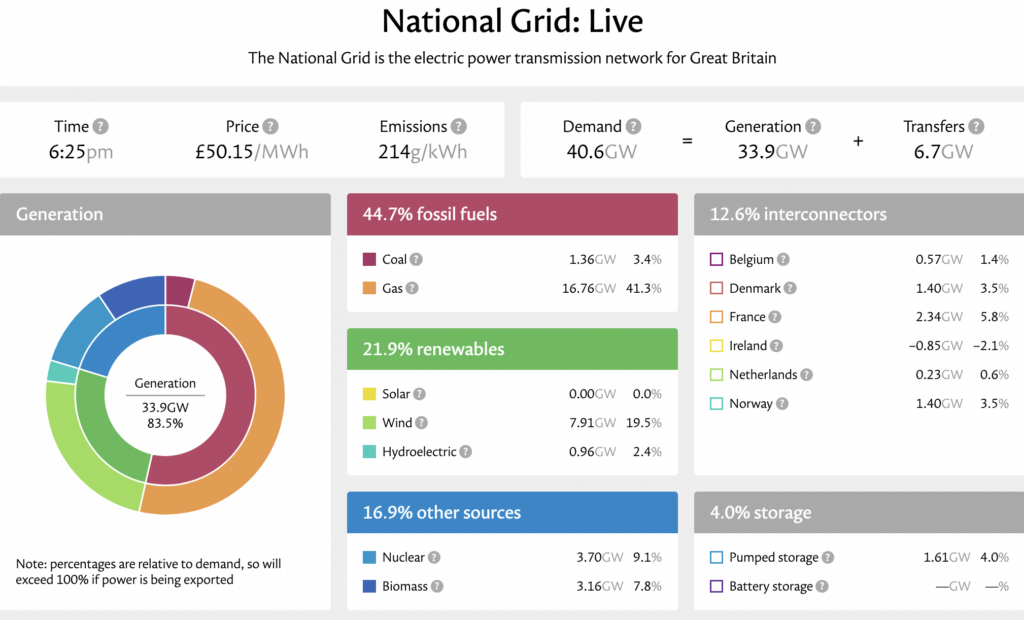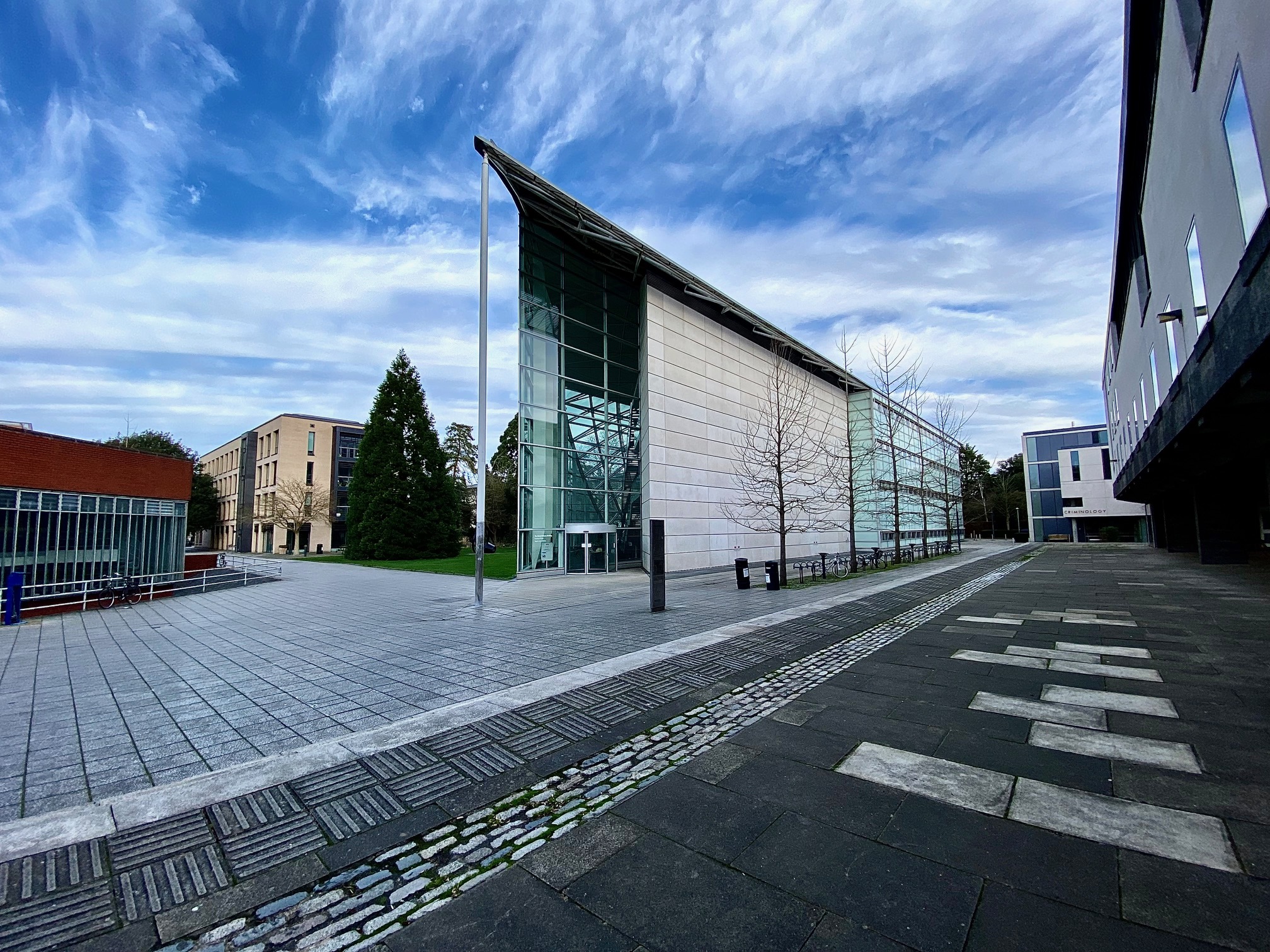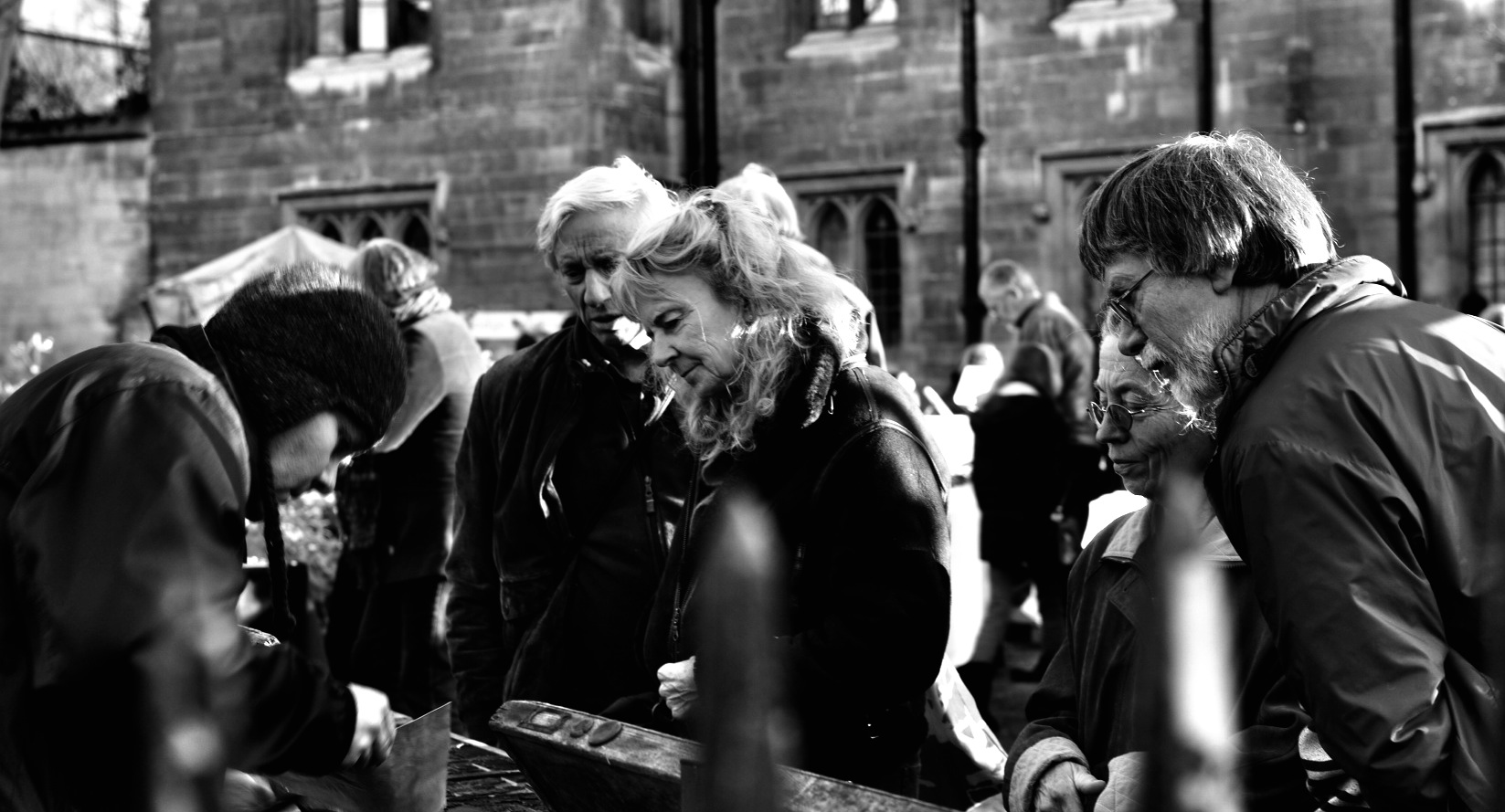The Barbican in Winter

For a special friend who happens to live there.
Quote of the Day
“We may have democracy, or we may have wealth concentrated in the hands of a few, but we can’t have both.”
- Louis Brandeis
Which is why I fear that the days of our ‘liberal’ democracy may be numbered.
Musical alternative to the morning’s radio news
Paul Desmond | “Take Five” | arranged for solo guitar by Lucas Brar.
Interesting comparison with the Dave Brubeck version.
Thanks to Brian for the suggestion.
Long Read of the Day
The Turing Trap: The Promise & Peril of Human-Like Artificial Intelligence
A fabulous Daedalus essay by Erik Brynjolfssen on the looming decision that AI poses for democracy: automation or augmentation: doing away with workers, or making them more productive by augmenting them with technology. This is the best and most readable exposition of the problem/challenge that I’ve seen.
Here’s the overview:
In 1950, Alan Turing proposed an “imitation game” as the ultimate test of whether a machine was intelligent: could a machine imitate a human so well that its answers to questions are indistinguishable from those of a human.1 Ever since, creating intelligence that matches human intelligence has implicitly or explicitly been the goal of thousands of researchers, engineers and entrepreneurs. The benefits of human-like artificial intelligence (HLAI) include soaring productivity, increased leisure, and perhaps most profoundly, a better understanding of our own minds.
But not all types of AI are human-like—in fact, many of the most powerful systems are very different from humans —and an excessive focus on developing and deploying HLAI can lead us into a trap. As machines become better substitutes for human labor, workers lose economic and political bargaining power and become increasingly dependent on those who control the technology. In contrast, when AI is focused on augmenting humans rather than mimicking them, then humans retain the power to insist on a share of the value created. What’s more, augmentation creates new capabilities and new products and services, ultimately generating far more value than merely human-like AI. While both types of AI can be enormously beneficial, there are currently excess incentives for automation rather than augmentation among technologists, business executives, and policymakers…
Do read it.
Books, etc.
What a legendary historian tells us about the contempt for today’s working class
Nice tribute to the late E.P. Thompson by Kenan Malik in Sunday’s Observer.
It is not often that, as a teenager, you get captured by a 900-page tome (unless it has “Harry Potter” in the title). Even less when it is a dense book of history, telling in meticulous detail stories of 18th-century weavers and colliers, shoemakers and shipwrights.
Yet I can even now picture myself first stumbling across EP Thompson’s The Making of the English Working Class in a bookshop. I had no idea about its cultural significance or its place in historiographic debates. I would not have known what “historiography” meant, or even that such a thing existed. But I can still sense the thrill in opening the book and reading in the first paragraph: “The working class did not rise like the sun at an appointed time. It was present at its own making.” I did not know it was possible to write about history in that way.
I still have that old, battered, pencil-marked Pelican edition with George Walker’s engraving of a Yorkshire miner on the cover; a book into which I continue to dip, for the sheer pleasure of Thompson’s prose and because every reading provides a fresh insight.
Were Thompson still alive, he would have been 100 on Saturday…
It’s a lovely piece, which rang lots of bells for me. Like Malik, as a teenager I first encountered Thompson’s book in the Pelican edition. For years my dog-eared copy followed me through various house moves, until tragically, it fell by the wayside somewhere.
Another book of his — Writing by Candlelight — was also a consolation as well as a delight to anyone living in the UK in the 1970s. It was a collection of incendiary essays written during that period, a miserable era in British history. Those essays, he wrote in the prologue,
generally arose unbidden and without premeditation, because ‘events’ seemed to say that something should be said. This something was generally intended to controvert, and if possible to discomfort the purveyors of received wisdom, and to contest the official descriptions of reality presented in the media.
As far as The Making of the English Working Class is concerned, Malik observes that its most celebrated line is Thompson’s avowal
“to rescue the poor stockinger, the Luddite cropper, the ‘obsolete’ hand-loom weaver, the ‘utopian’ artisan” from the “enormous condescension of posterity”. What he meant was that from our vantage point, a movement such as the Luddites, textile workers who, in the early 19th century, opposed the introduction of new machinery, and destroyed them, might seem backward and irrational, their very name a byword for senseless opposition to technological innovation. Yet theirs was not, in Thompson’s eyes, “blind opposition to machinery,” but rather a fight against the “‘freedom’ of the capitalist to destroy the customs of the trade, whether by new machinery, by the factory-system, or by… beating-down wages”.
Oddly enough, as we ponder our current anxieties about the possible impact of ‘AI’ on work and on society, this acquires a contemporary resonance.
Thompson’s parents, Wikipedia reminds us, were Methodist missionaries and his father was an admirer of the great Indian poet Rabindranath Tagore. Thompson’s childhood home seems to have been like Waterloo station for visiting Indian radicals, so much so that he grew up thinking that “nobody could be thought of as a serious person unless he had been incarcerated by the British”.
My commonplace booklet
Finance worker pays out $25 million after video call with deepfake ‘chief financial officer’
From CNN:
A finance worker at a multinational firm was tricked into paying out $25 million to fraudsters using deepfake technology to pose as the company’s chief financial officer in a video conference call, according to Hong Kong police.
The elaborate scam saw the worker duped into attending a video call with what he thought were several other members of staff, but all of whom were in fact deepfake recreations, Hong Kong police said at a briefing on Friday.
“(In the) multi-person video conference, it turns out that everyone he saw was fake,” senior superintendent Baron Chan Shun-ching told the city’s public broadcaster RTHK.
Chan said the worker had grown suspicious after he received a message that was purportedly from the company’s UK-based chief financial officer. Initially, the worker suspected it was a phishing email, as it talked of the need for a secret transaction to be carried out.
However, the worker put aside his early doubts after the video call because other people in attendance had looked and sounded just like colleagues he recognized, Chan said.
Which makes it strange that some people still believe that the dangers of deepfakes are over-exaggerated.
Linkblog
Something I noticed, while drinking from the Internet firehose.
- Quentin’s photo of a Sanderling on Holkham beach. This is both beautiful and annoying, because I have been trying — and failing — for years to photograph these energetic little creatures, who move so quickly along edges of the incoming tide that they appear to be on wheels rather than on legs. So congrats to Quentin.
This Blog is also available as an email three days a week. If you think that might suit you better, why not subscribe? One email on Mondays, Wednesdays and Fridays delivered to your inbox at 6am UK time. It’s free, and you can always unsubscribe if you conclude your inbox is full enough already!














